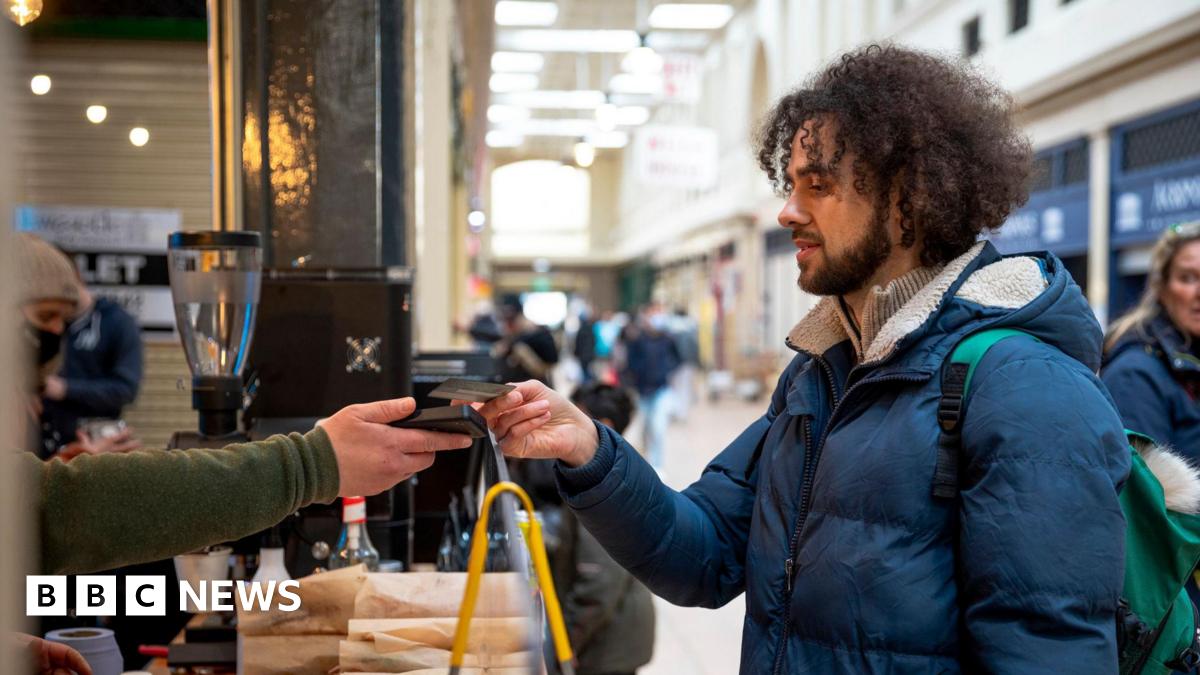Even the sectors that did get a mention as receiving special help – such as High Street retailers and hospitality – insist their costs of doing business are going to rise significantly through higher business rates and labour costs.
Business rates are a tax on non-domestic properties such as shops, pubs and offices.
The government said it would calculate business rates for 750,000 High Street retail and hospitality firms using a lower percentage of the rateable value of premises, but this lower tax rate wasn’t as generous as expected.
At the same time, many firms have seen their rateable value increase and face the phasing out of a Covid-era 40% discount from April.
The net result is that, despite some transitional relief, lots of them will see significant increases in their business rates bill.
An 8.5% pay rise for 18-20 year olds on the national living wage is good news for young people in work and an incentive for those who aren’t to find a job, but on top of 16.3% rise for the same group last year, it may put employers off taking on new people.
As one FTSE 100 boss told the BBC: “They are hurting the very people they are trying to help and it will mean fewer jobs, fewer hours, fewer premises, lower growth.”
The cap on salary sacrifice arrangement will hit both workers and businesses, who may reduce future pension contributions, pay rises or investment in growing their business.

